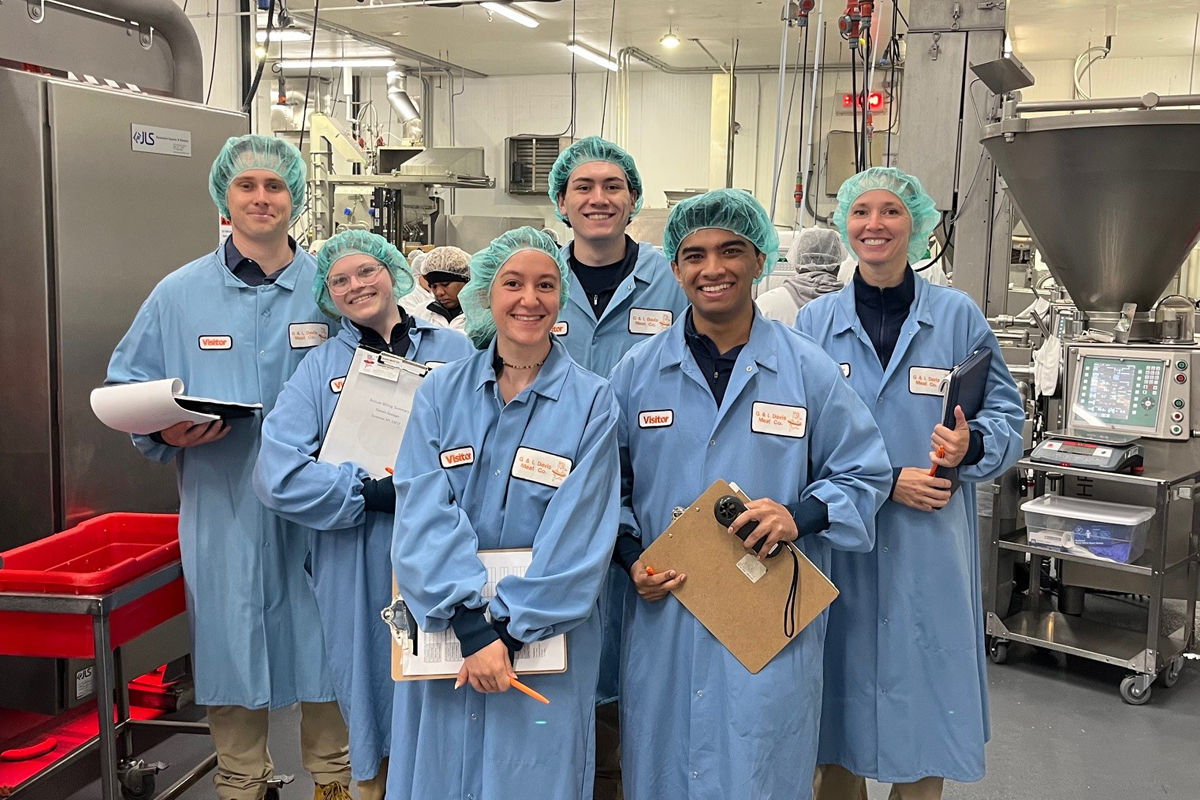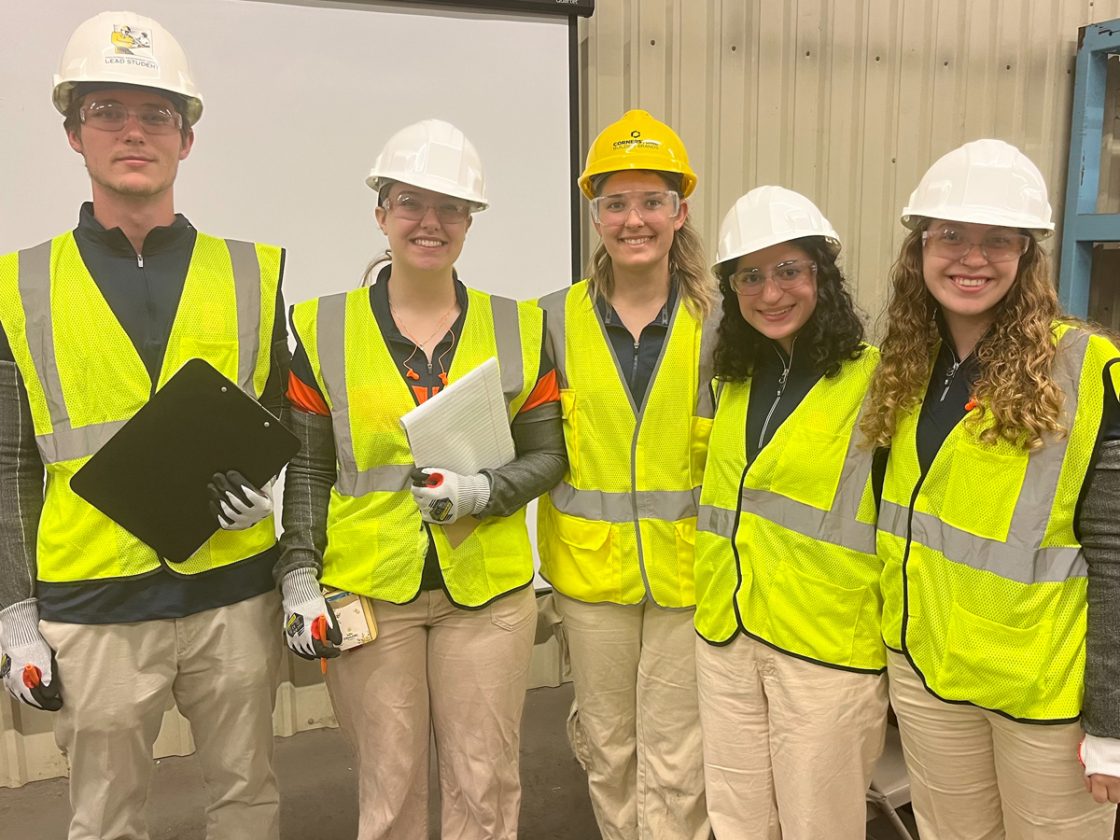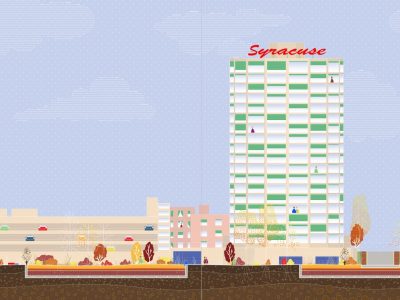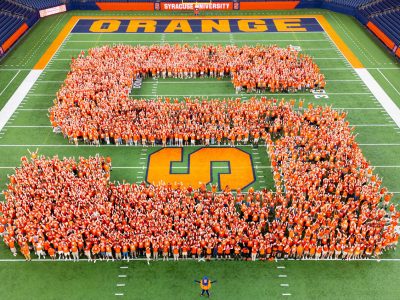Student Interns Save Local Manufacturers Money, Gain Experience as Energy
Syracuse University students are helping local manufacturers cut their energy costs while meeting environmental goals—and getting real-world engineering experience in the process.

Since 2001, 130 students in the Industrial Training and Assessment Center (ITAC) have completed 477 site visits, saving companies nearly $54 million (an average of $66,000 annually) through a program funded by the U.S. Department of Energy.
“These students develop valuable technical skills that set them apart and builds on what they’re learning in the classroom. And they leave knowing how to answer the real-world problems they will face in their careers,” says Jackie Anderson, assistant teaching professor of mechanical and aerospace engineering in the College of Engineering and Computer Science.
The ITAC’s goal is to help each business cut their energy use by at least 10%, which Anderson says is achievable through practical, straightforward suggestions.
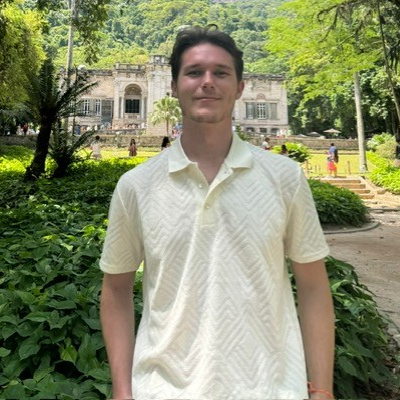
“I’ve learned more about the engineering and manufacturing opportunities that are out there, and about some real-world engineering applications,” says Riehen Walsh ’27, a mechanical engineering major in ECS. “This has helped me improve my leadership and project management skills through this hands-on experience.”
Studying the Energy Trends of Clients
Students begin by analyzing a company’s energy/utility bills and energy usage before conducting site visits. Once on site, they walk around and figure out where energy is being wasted, from heat escaping through windows, air conditioning systems working too hard or compressed air leaking from equipment.

The future energy engineers share quick ideas that same day, then spend the next two months putting together a detailed report full of money-saving suggestions tailored to that specific company. Some recommendations are simple, like negotiating better rates with the electric company, getting rid of unnecessary fees or adjusting air pressure settings. Others involve bigger changes, like replacing old equipment that could save energy for years.
Anderson says most companies end up using about half of the suggestions they receive.
“A lot of times these manufacturers might not even realize some of the benefits that are out there for them. Doing assessments for all kinds of manufacturers is beneficial because it gives us these different experiences,” says Ian Hawkins ’25, G’26, who earned a bachelor’s degree in mechanical engineering and will finish a master’s degree in engineering management in the spring.
Exceeding Expectations While Making a Difference
After touring Lotte Biologics—a biopharmaceutical production facility in East Syracuse—ITAC students made a series of recommendations, including:
- Getting back the sales tax they’re paying on their electric and gas bills;
- Adding better insulation around their boilers and switching to LED lights;
- Stopping steam from escaping by finding leaks and checking valves; and
- Fixing air leaks in their compressed air systems.
These simple fixes made a big difference in how much energy the company used, says Felix Hernandez, Lotte Biologics’ manager of integrated facilities management.
“The student interns brought a fresh and dynamic perspective to our facility. Their enthusiasm and dedication were evident in their approach to data collection and analysis, and the quality of their work reflected a high level of academic and practical competence,” Hernandez says.
Cultivating Valuable Life Skills
Becoming an ITAC intern is a year-long commitment. Students usually apply in the fall semester of their sophomore year, get trained in the spring and start visiting companies as interns the following summer. Interns put in about 30 hours a week during the summer and 10 hours a week when classes are in session.
Students work as a team, improving their research skills while building confidence to present their ideas to a room full of company employees—sometimes including the CEO.
The skills ITAC interns develop, like leadership, teamwork, preparation, communication and problem-solving, give them a real advantage when they graduate and start their careers.
“What I learned in the classroom can affect companies in the real world. Applying those lessons to help these manufacturers is so gratifying,” says Brielle May ’26, a chemical engineering student.
